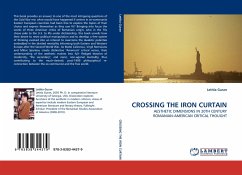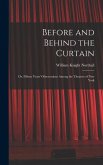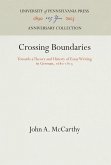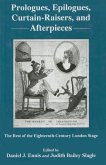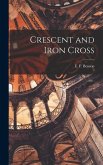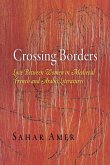This book provides an answer to one of the most intriguing questions of the Cold War era: what would have happened if writers in ex-communist Eastern European countries had been free to explore the topics of their choice and express themselves as they saw fit? Bringing into focus the works of three American critics of Romanian origin, who in the 70s chose exile to the U.S. to life under dictatorship, this book unveils how their desire to resist political manipulation and to develop a free system of thinking evolved into an interest to overcome the dualistic polarities embedded in the divided mentality informing both Eastern and Western Europe after the Second World War. As Matei Calinescu, Virgil Nemoianu and Mihai Spariosu create distinctive "American" critical voices, their understanding of the aesthetic evolves into full- fledged theories of modernity, "the secondary", and irenic, non-agonal mentality, thus contributing to the much-desired, post-1989 philosophical re- connection between the ex-communist and the free world.
Bitte wählen Sie Ihr Anliegen aus.
Rechnungen
Retourenschein anfordern
Bestellstatus
Storno

